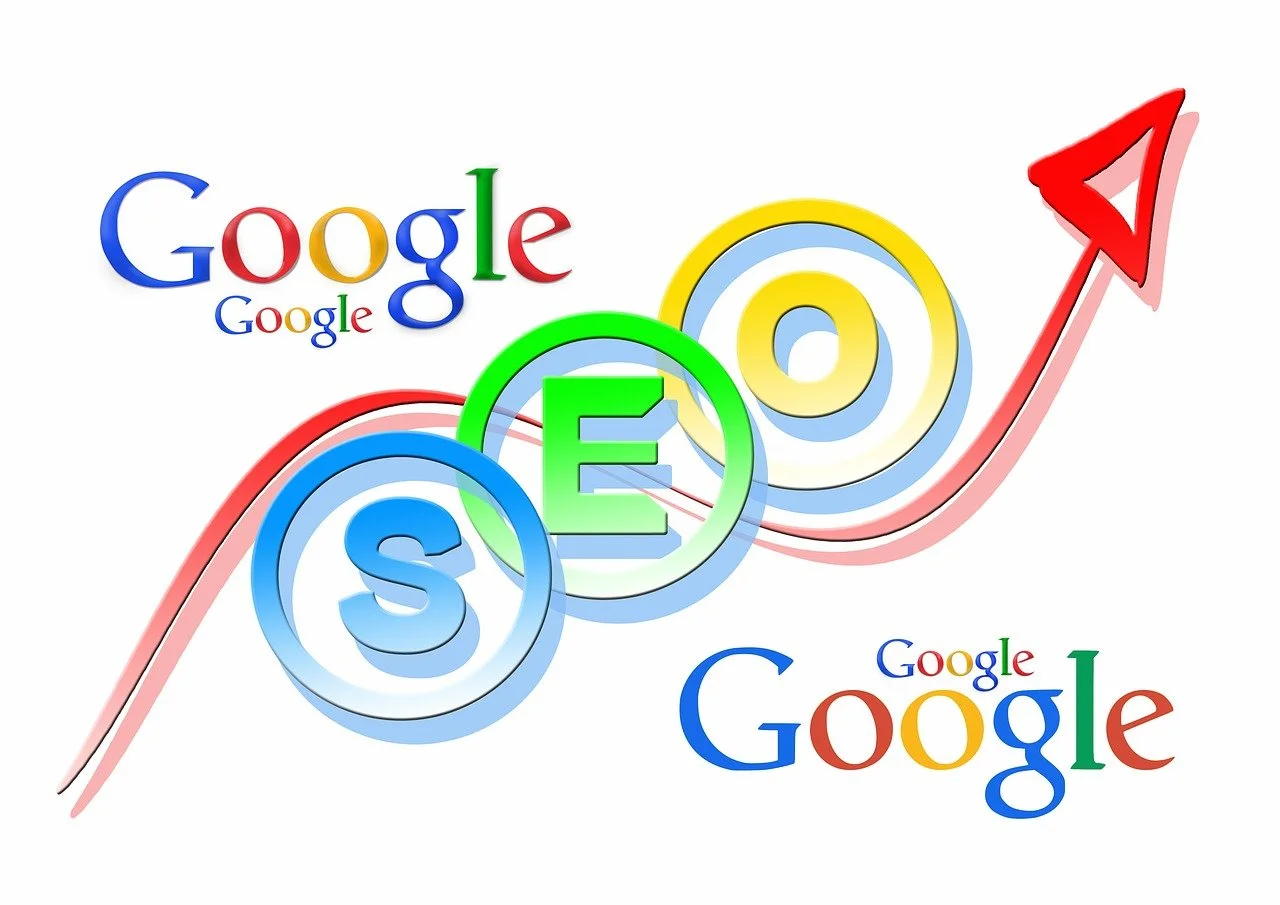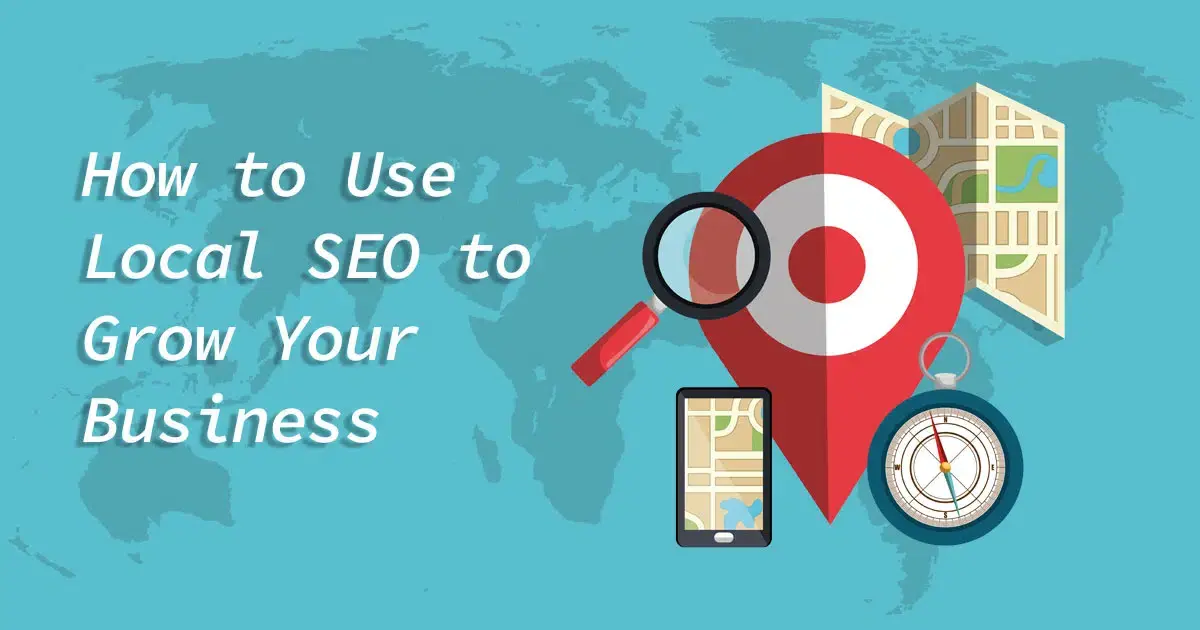Understanding SEO
Want to make your website stand out in search results? Understanding SEO is the key to driving more traffic, increasing visibility, and ultimately boosting your online success. Search Engine Optimization (SEO) is the practice of optimizing websites and online content to rank higher on search engine result pages (SERPs). In simpler terms, it’s about making your website visible to people who are searching for information, products, or services online.
In today’s digital landscape, where millions of websites compete for attention, SEO plays a vital role. Optimizing your site ensures it stands out, drives organic traffic, and delivers value to your audience. But how does it work?
Let’s break it down step by step.
How SEO Works
SEO works by optimizing various elements of your website to help search engines like Google understand your content and rank it higher in search results. It involves targeting relevant keywords, improving your website’s structure, and building quality backlinks from other reputable sites. By following SEO best practices, you can increase your site’s visibility, attract more organic traffic, and improve your chances of appearing on the first page of search results.
SEO involves several components that work together to improve your website’s visibility:
1. Technical SEO
Technical SEO focuses on optimizing the backend structure of your website. Here are key aspects:
- Website Speed: A fast-loading website improves user experience and search engine rankings.
- Mobile-Friendliness: With the majority of searches happening on mobile devices, having a responsive design is non-negotiable.
- Secure Connection (HTTPS): Search engines favor websites that use HTTPS encryption for secure browsing.
- XML Sitemaps: These help search engines understand the structure of your website, making it easier to crawl and index.
- Schema Markup: Structured data enhances how your site appears in SERPs, such as rich snippets showing FAQs or reviews.
2. On-Page SEO
On-page SEO refers to optimizing individual pages on your site to rank higher. Some essential strategies include:
- Keyword Research: Identify keywords that match user intent. Tools like Google Keyword Planner can help.
- Title Tags: Use relevant keywords within 60 characters in your titles to improve click-through rates.
- Meta Descriptions: Write compelling summaries with keywords (120-155 characters) to attract clicks.
- Header Tags (H1, H2, H3): Structure your content with headings for better readability and keyword placement.
- Internal Links: Link to related pages within your site to help users and search engines navigate your content.
- Image Optimization: Use descriptive filenames, ALT text, and compressed images to improve speed and accessibility.
3. Off-Page SEO
Off-page SEO is about building your website’s authority through external efforts. Key strategies include:
- Backlink Building: Obtain links from authoritative websites to signal trust and relevance to search engines.
- Social Media Presence: Sharing your content on platforms like Twitter and LinkedIn can drive traffic and increase visibility.
- Guest Blogging: Writing for other reputable websites can help you build backlinks and reach new audiences.
Why SEO Matters
SEO enhances your website's visibility on search engines like Google. When your site ranks higher, it’s more likely to attract organic traffic, which can lead to increased brand awareness and sales. Without SEO, your website might remain buried on search results pages, making it harder for potential customers to find you.
By optimizing your content with relevant keywords, improving site speed, and creating a mobile-friendly experience, SEO helps ensure that search engines can easily crawl and index your site. This boosts your chances of appearing in the top search results for queries relevant to your business.
Moreover, SEO is cost-effective compared to paid advertising. While ads can give you a quick boost, organic search results generate long-term, sustainable traffic. SEO also improves user experience by making your site more accessible and relevant to users, leading to higher engagement and conversions.
Simple SEO Tips For Beginners
Here are some simple SEO tips for beginners to get you started:
Focus on Content Quality: The first step in any SEO strategy is to create content that offers real value to your audience. Content that is informative, engaging, and relevant to your target audience is more likely to be shared and ranked higher by search engines.
Use Keywords Naturally: While it’s important to include keywords in your content, avoid the temptation to overuse them, a practice known as keyword stuffing. Instead, use keywords where they naturally fit within the context of the content. This makes your content more readable and improves your SEO without negatively affecting user experience.
Optimize for Mobile: With the increasing number of mobile users, it’s crucial that your website is mobile-friendly. You can easily test your site's mobile responsiveness using Google’s Mobile-Friendly Test to ensure your website provides a seamless experience on smartphones and tablets.
Build Backlinks Gradually: Backlinks, or links from other reputable websites to yours, are important for SEO. However, it’s essential to build backlinks slowly and gradually. Reach out to trusted websites for collaboration opportunities, guest posting, or other ways to earn these valuable links.
Monitor Your Progress: SEO is an ongoing process, and it’s important to track your progress. Utilize tools like Google Analytics and Google Search Console to monitor your website traffic and rankings. These tools will provide valuable insights into how your site is performing and where improvements can be made.
By following these tips, beginners can establish a strong foundation for improving their site’s SEO performance.
Mastering SEO for Long-Term Success
SEO is an ever-evolving field, and understanding how it works is essential for staying ahead in the digital landscape. By optimizing your website’s content, structure, and technical elements, you can boost visibility, improve user experience, and drive traffic. Remember, SEO requires patience and consistency, but with the right strategies, it can deliver long-lasting results. Keep learning and adapting, and watch your online presence grow stronger over time.
Ready to boost your website’s visibility and drive organic traffic? Contact us today for a free SEO audit and start optimizing your site for success.
































